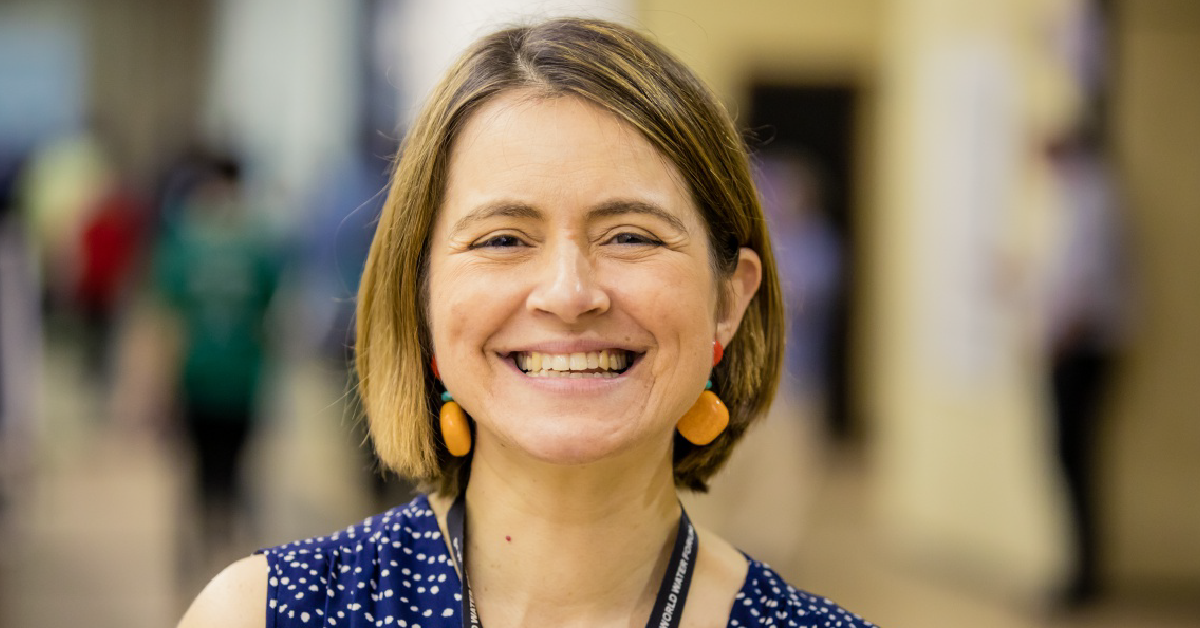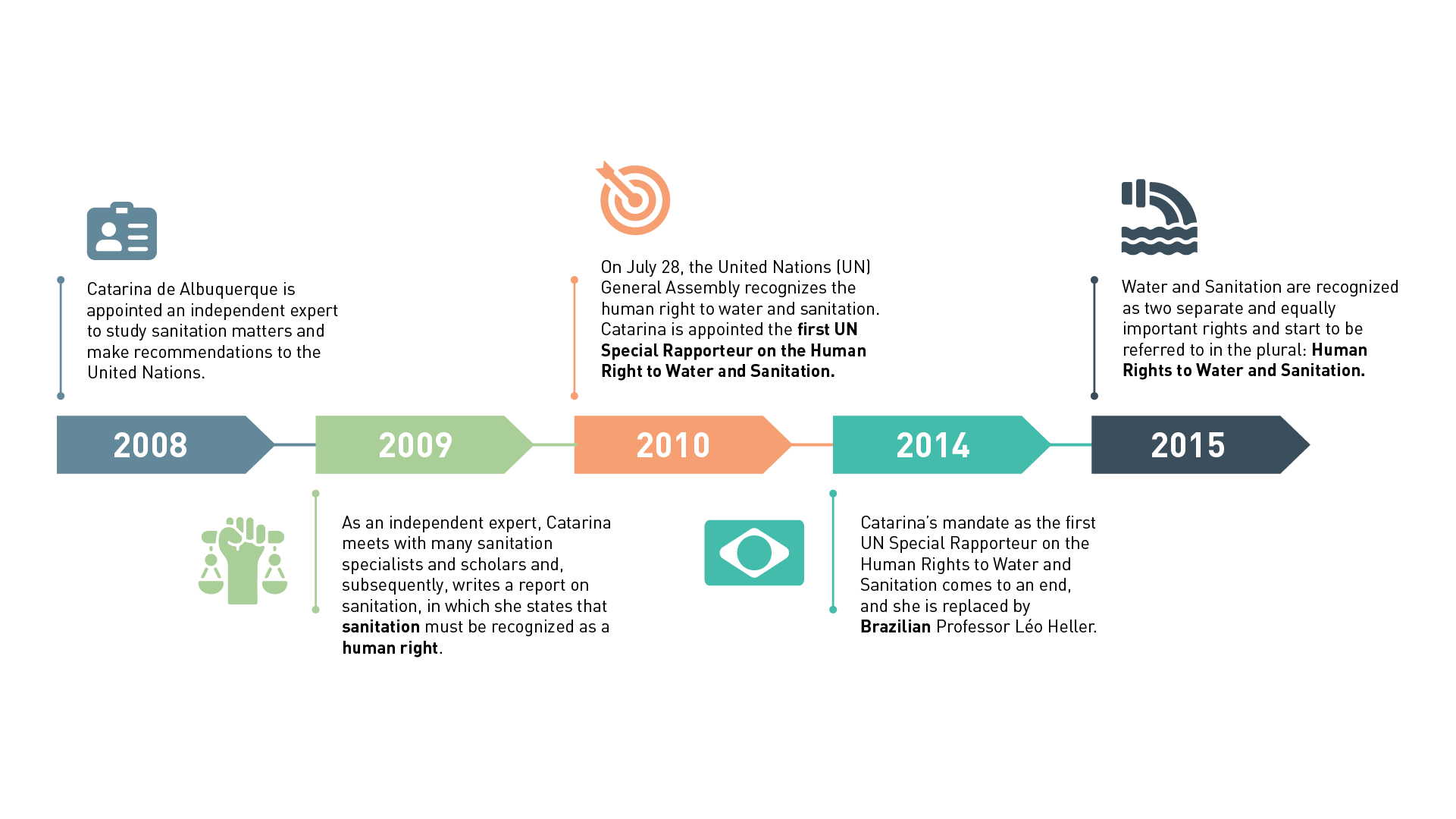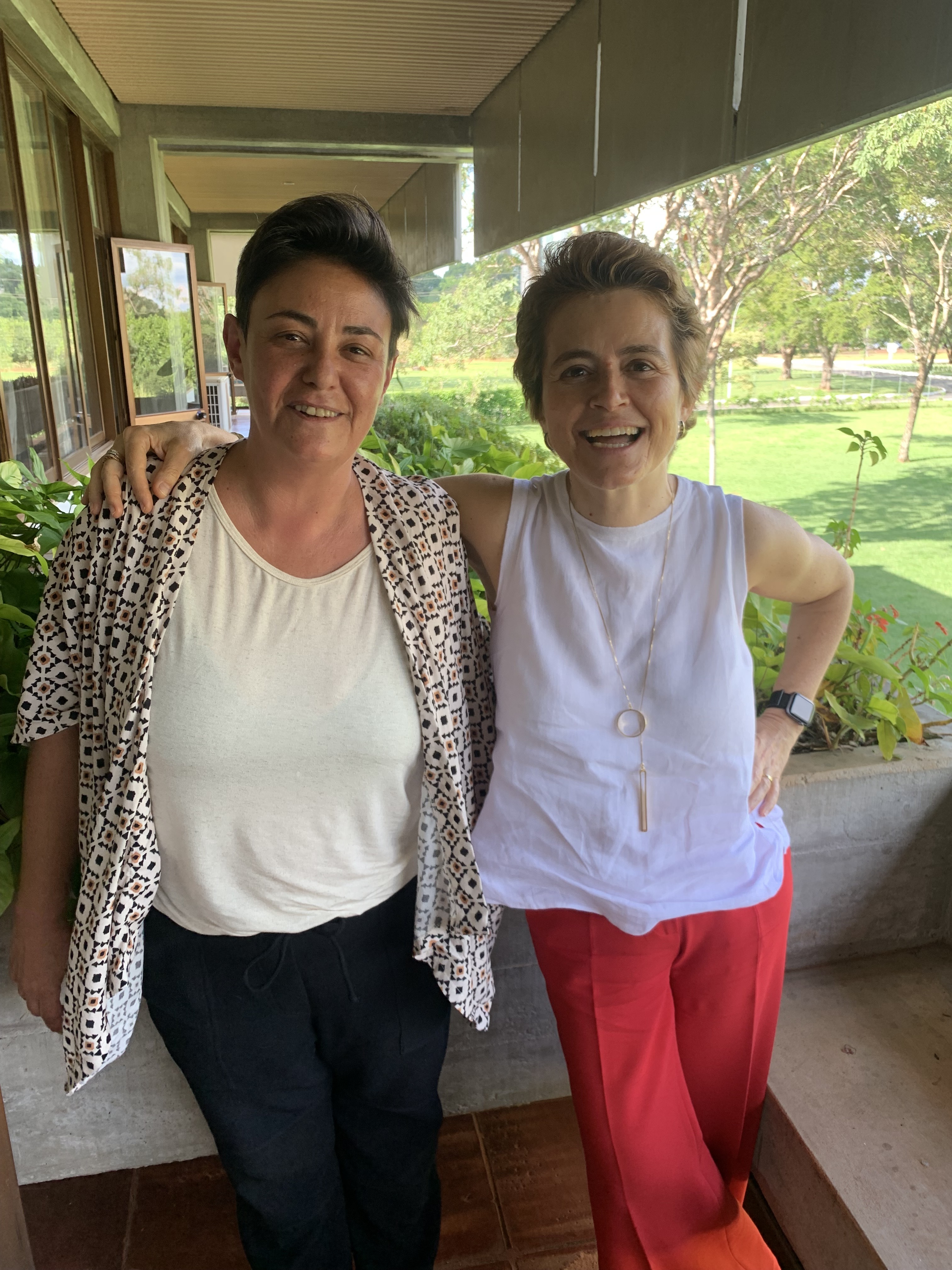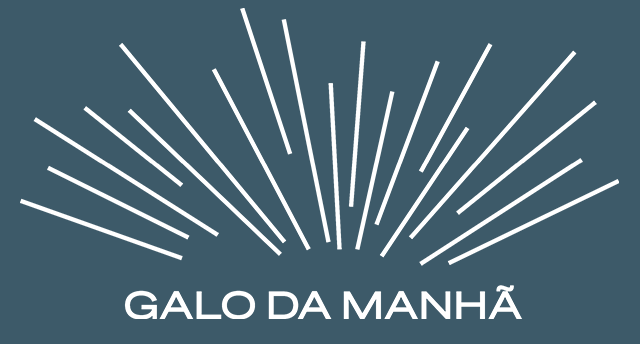The Human Right to Water and Sewage Treatment is a social, collective and feminine historical achievement!
Published in 12 Jul 2022
Written by By the IAS team
Tags:

Twelve years ago, in July 2010, the United Nations General Assembly and the Human Rights Council recognized the human right to water and sanitation (HRtWS), with the aim of guaranteeing access to water and sanitation for all, without discrimination. One woman's knowledge and perseverance contributed to the recognition of the right to sanitation, especially as regards sewage services.
Portuguese jurist Catarina de Albuquerque was the first UN Special Rapporteur on HRtWS, with a mandate from 2008 to 2014. During an interview with the Executive Director of the Water and Sanitation Institute (IAS), Marussia Whately, Catarina recalled her experience in this position and gave us an inside look at the approval of Resolution A/RES/64/292 which aims to guarantee the human rights to water and sanitation for all the people around the world.
Catarina de Albuquerque is the Chief Executive Officer (CEO), which corresponds to the position of Executive Director in Brazil, of Sanitation and Water for All (SWA), a multi-stakeholder global partnership created by the United Nations, which brings together governments and their civil society partners, the private sector, UN agencies, research and teaching institutions, development banks, and the donor community.
In view of her track record defending the human right to sanitation, Catarina was awarded the Human Rights Gold Medal by the Assembly of the Republic of Portugal, being recognized as a Human Rights expert and champion. The first UN Special Rapporteur for HRtWS has also been awarded the Order of Merit by the President of the Republic of Portugal and an Honorary Doctorate degree by the University of North Carolina.
A woman at the forefront of the fight for the recognition of the human rights to water and sanitation.
Two years before the approval of the Human Right to Water and Sanitation, Catarina de Albuquerque from Portugal was appointed an independent expert to study the topic and make recommendations to the UN Human Rights Council. “The idea was for me to study and make recommendations to the Council on this topic. And everything was organized for the recommendations to be made in 2011 (…). In 2009, I presented my first report to the UN, addressing the obligations of human rights in relation to sanitation, which is the “poor cousin” of water”, recalled Catarina, drawing attention to the fact that sanitation is overlooked by society. Catarina finished off her first report to the UN with the following remark: “Sanitation must be recognized as a human right!”.
In 2010, Bolivia launched a draft resolution with the aim of recognizing the Right to Water at the UN General Assembly in July. As soon as Catarina learned that the right to water could be approved, she hopped on a flight to New York to have a conversation with the UN High Commissioner. “It can't be just water; we need to include sanitation as a human right!”, she told the Commissioner. During the meeting, Catarina pointed out the social problems which are worsened by the lack of access to sanitation around the world, stating this would be an opportunity to ensure access to sanitation for all people, without discrimination. In the end, she delivered the report to the ambassador and was made the following promise: that sanitation would be included in the wording of the resolution.
At first, the European Union countries were opposed; however, during the General Assembly, in July 2010, an excerpt from Catarina's report was quoted to justify the inclusion of the human right to sewage services in the wording of the resolution on the human right to water. The resolution combining the human rights to water and sanitation did not receive any contrary votes in the assembly in New York and was subsequently approved by consensus in September, in Geneva, Switzerland.
Catarina also argued that sanitation should be recognized as a right separate from the right to water, in a specific resolution. However, it was difficult enough to achieve a resolution recognizing the human right to water, so making sanitation a human right separate from the right to water would be even more complicated.
Catarina's mandate lasted six years, from 2008 to 2014. One year later, in 2015, the human right to sanitation started to be recognized as a specific right, being currently referred to as the “Human Rights to Water and Sanitation (HRtWS).” The use of the plural highlights the importance of sanitation for human dignity, giving greater weight to the term that was often placed on the back burner while the right to drinking water was in the limelight. In 2014, Brazilian Professor Léo Heller took over as the Second UN Special Rapporteur on the Human Rights to Water and Sanitation.

The human right to sanitation guarantees privacy and dignity for all
While preparing the report in 2009, Catarina met with many sanitation experts and scholars from a number of international civil society organizations, who helped her come up with a definition of sanitation, as she understood that the existing ones were incomplete. The future UN Special Rapporteur on HRtWS proposed a definition for sanitation that was accepted, supported and endorsed by the United Nations Committee on Economic, Social and Cultural Rights:
Sanitation is “a system for the collection, transport, treatment, disposal of and reuse of human excreta, with the aim of guaranteeing that all people have access to sewage services that ensure their privacy and dignity. In addition, the services must be physically accessible, affordable, safe, hygienic, as well as culturally and socially acceptable.”
3.6 billion people do not have a toilet at home: new model of an old solution may help reduce the deficit
In the 21st century, it is still a challenge to ensure sanitation for all. At the global level, more than 80% of human waste is neither treated nor recycled. The lack of this infrastructure is harmful to public health and the environment. Furthermore, human waste can be used as a source of energy and crop fertilization and other sustainable development goals. Data from the UN, released on World Toilet Day, show that half of the world's population does not have access to sanitation.
As regards a new model for building sanitation: “Actually, it is not new, it is old, but it is closer to the location, to the community”, pointed out Marussia, referring to alternative solutions to replace large, centralized sewage networks, such as condominium systems and nature-based individual solutions. Catarina agreed with the IAS Executive Director, highlighting the element addressed by her in the definition of sanitation: reuse or recycling.

Catarina states that, as far as the Millennium Development Goals are concerned, what happened to human waste afterwards was irrelevant. “What mattered was to have a toilet, but we know that 80% of waste that is released directly into the environment becomes an environmental and public health issue, as well as a major loss, since human excreta can be a source of energy and crop fertilizer. In other words, an asset that also helps us to promote other human rights and achieve other sustainable development goals”. Human rights and their legal framework do not impose the solution, but rather state that “it is necessary to achieve a certain goal. People must have access to this right. It does not matter if the way for achieving the right differs from country to country, from culture to culture, from region to region.”
However, this is not yet becoming a reality for everyone, as Catarina reported during a visit to a community near Boston in the United States, in a very wealthy neighborhood, with huge homes. The former UN Special Rapporteur on the Human Rights to Water and Sanitation reported that, behind these mansions in Boston live employees in scattered houses, who work for wealthy families, oftentimes cleaning their homes. Another interesting topic in Catarina de Albuquerque's report on Boston is that there was a movement for centralized sanitation in opposition to the wastewater treatment plant on the agenda at the time.
The poor families would bear the cost to build the plant, forcing them to leave their homes as they do not have money to contribute to the system. In one of her recommendations after this visit, Catarina stated that, in general, there is no point in talking about a centralized and massive system as, when it comes to solving the sanitation deficit, “there are local, streamlined, and even ecological solutions for these communities that suffer from lack of sanitation.”
SDG 6: Reflections to accelerate sanitation to advance towards the 2030 Agenda
Political will, the existence of national mechanisms involving multiple actors, and good governance are the three key elements for achieving the goal of ensuring the human right to sanitation and SDG 6, according to the former UN special rapporteur. As regards political will, “we need politicians who are committed, aware and willing to take this issue forward”, she states. Regarding the existence of national mechanisms to oversee the processes which are being achieved, put together by multiple actors from civil society, service providers etc., Catarina argues that "it cannot be an experiment just to look good in the picture!". Thirdly, Catarina argues for Governance “that prioritizes water and sanitation, but also public policies to fight corruption and ensure accountability mechanisms and increased financing for the industry.” The Special Rapporteur emphasized that this financing must follow human right principles, guaranteeing access to those who have no or little access to sanitation services.
Catarina de Albuquerque is an inspiration for the work carried out by the IAS and participated in an exclusive interview with other UN Special Rapporteurs on the human rights to water and sanitation. Click here to watch her conversation with Marussia Whately.
In the month when we celebrate another anniversary of the recognition of the rights to water and sanitation, we decided to take a trip down memory lane and bring back a series of interviews with former UN rapporteurs, conducted on the occasion of World Toilet Day, on November 19. The first interview is with Catarina de Albuquerque, rapporteur from 2008 to 2014, and the others with Léo Heller, Brazilian professor and rapporteur from 2014 and 2020, and Pedro Arrojo, Spanish researcher and current UN Special Rapporteur on the rights to water and sanitation.


